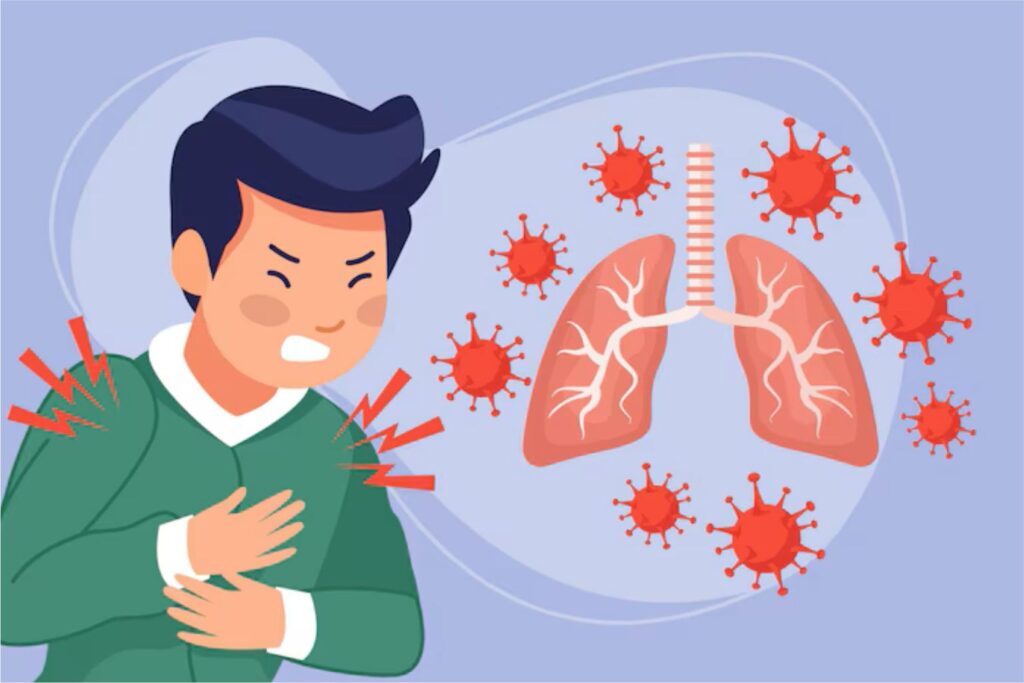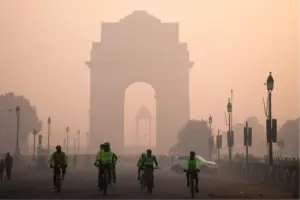
Reiterating India’s commitment to eliminating tuberculosis, Prime Minister Narendra Modi emphasised the need for a “whole-of-government” and “whole-of-society” approach to develop successful strategies across the country.
Chairing a high-level review meeting on the National TB Elimination Programme (NTEP), he lauded early detection and treatment of tuberculosis (TB) patients in 2024 and said it should be scaled up nationwide, according to a statement.
During the meeting, Modi stressed the need to analyse TB patients’ trends based on the urban or rural areas as well as their occupations. He said the findings will help identify groups that need early testing and treatment, especially workers in construction, mining, textile mills, and similar fields.
Also Read | Bird flu: UP shuts zoos, lion safari for a week after tigress death
Prime Minister Modi also stressed that since TB had become curable with regular treatment, there should be less fear and more awareness among the public.
The prime minister reviewed the recently concluded 100-day TB Mukt Bharat Abhiyaan, covering high-focus districts, during which 12.97 crore vulnerable individuals were screened and 7.19 lakh cases, including 2.85 lakh asymptomatic, detected.
India has set a target for eliminating TB by the end of 2025, five years ahead of the global goal. The global End TB Strategy for 2030 says that countries must reduce the number of TB deaths by 90% and new cases by 80% as compared to the levels in 2015.
Several new initiatives, such as artificial intelligence-driven handheld X-rays for screening and shorter treatment regimens for drug-resistant TB, were used during the campaign. The prime minister highlighted the importance of cleanliness through Jan Bhagidari as a key step in eliminating TB.
Union Health Minister JP Nadda, Principal Secretary to the Prime Minister PK Mishra, Principal Secretary-2 to the Prime Minister Shaktikanta Das, and Advisor to the Prime Minister Amit Khare were among those who attended the meeting.








